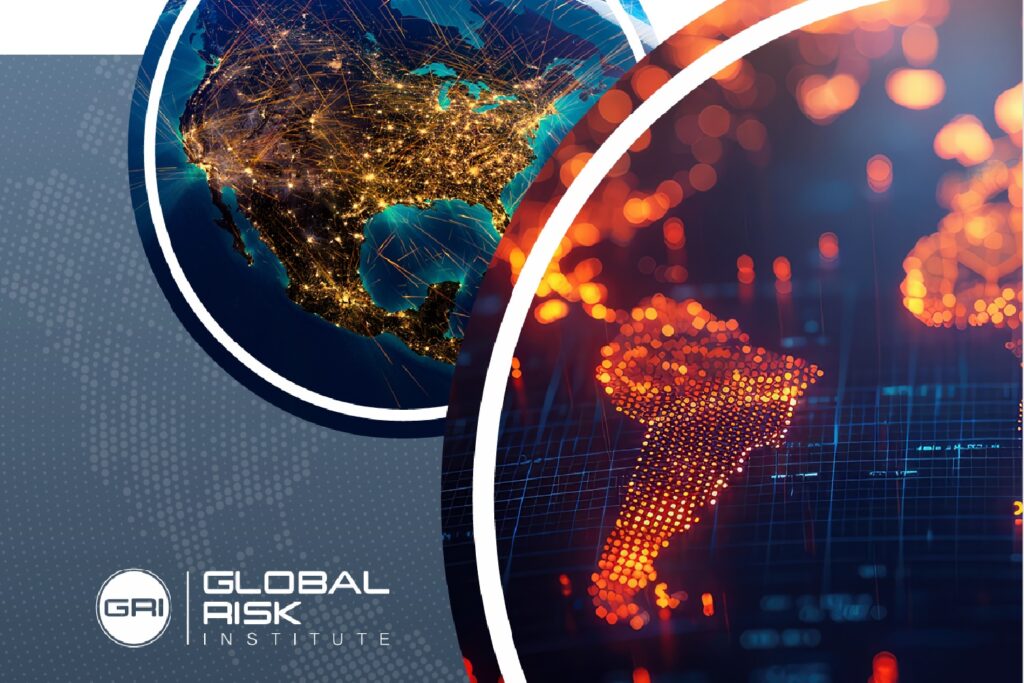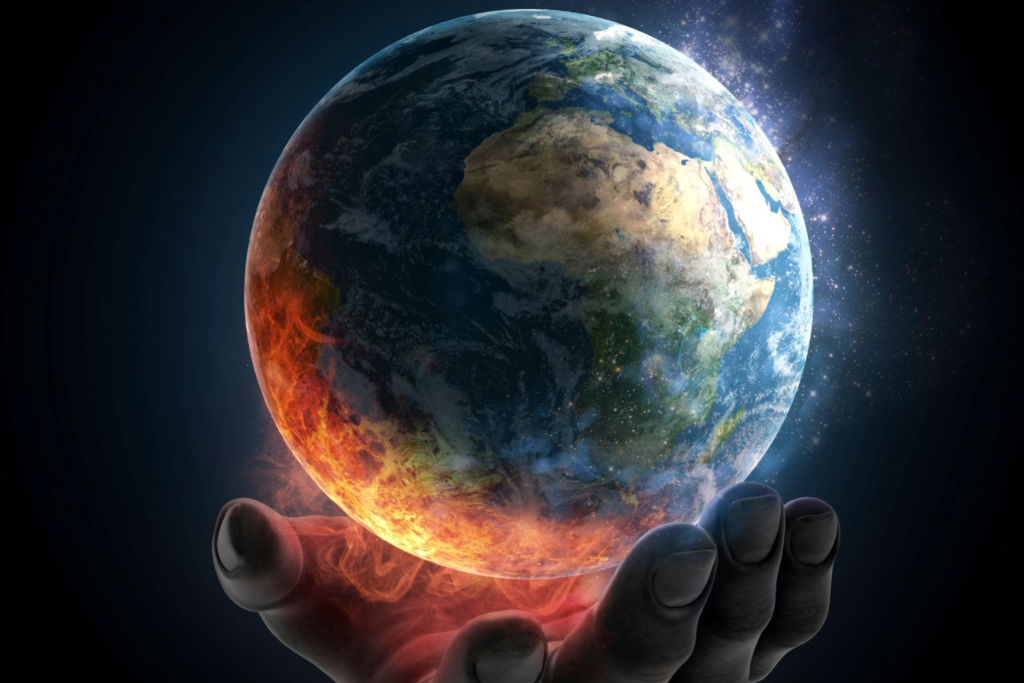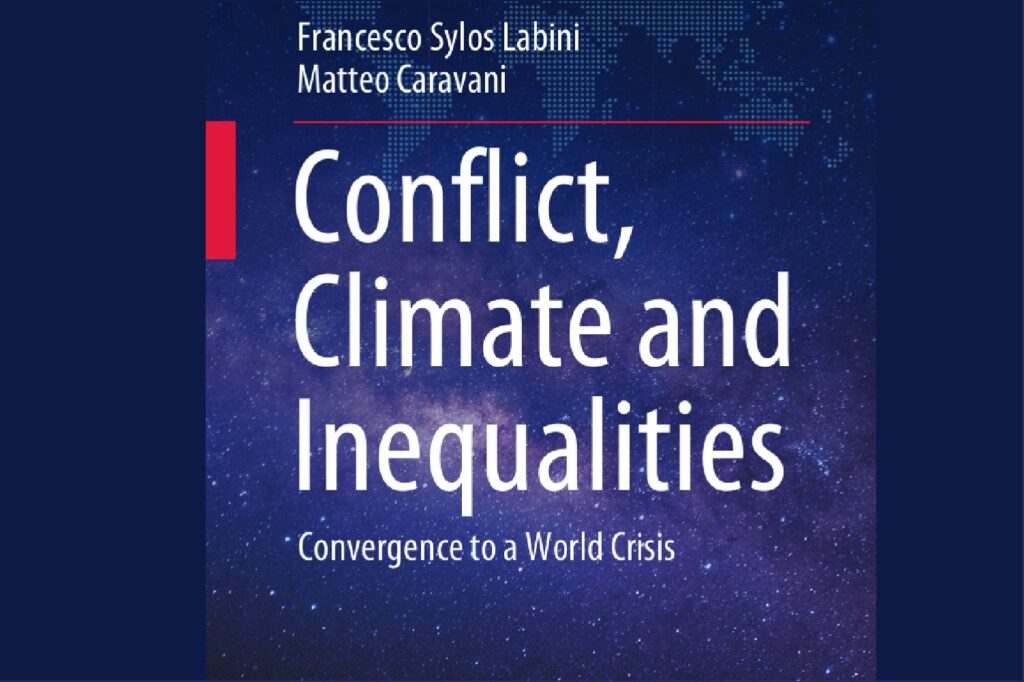Overshoot: Navigating a world beyond 1.5°C
In this four-part documentary series, Laurie Laybourn explores the significant challenges associated with exceeding the 1.5°C global warming threshold. Through interviews with a diverse range of contributors, including climate negotiators, Pacific islanders, scientists, and grassroots activists, the series examines the social, political, and ecological implications of climate overshoot. It situates these perspectives within a broader […]
Overshoot: Navigating a world beyond 1.5°C Read More »









